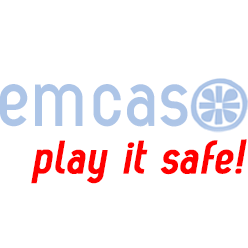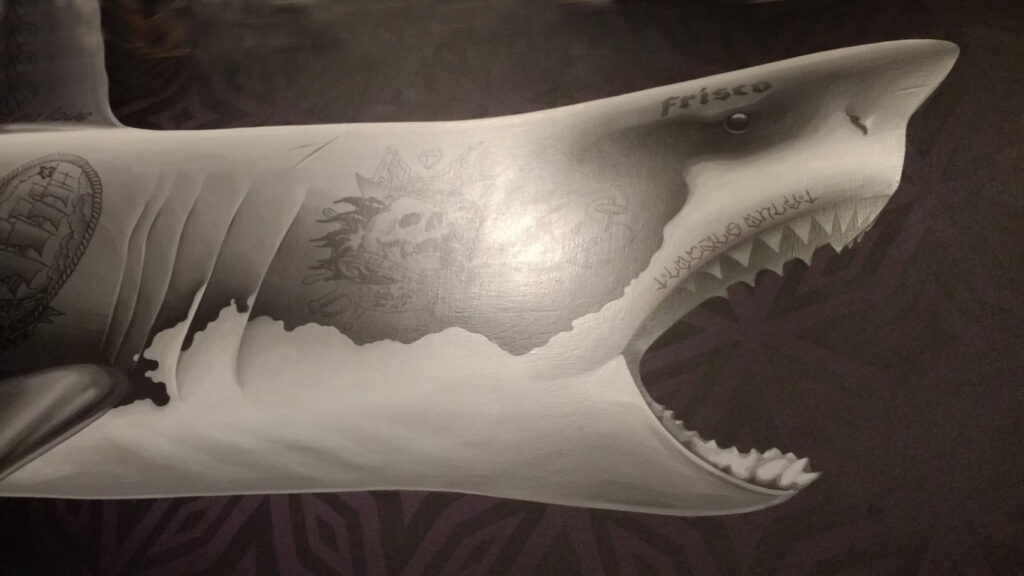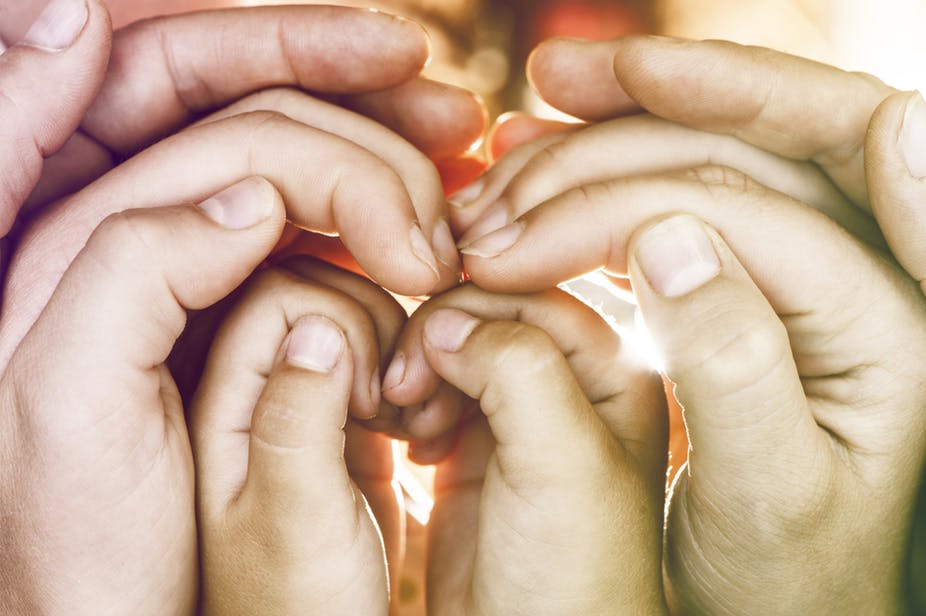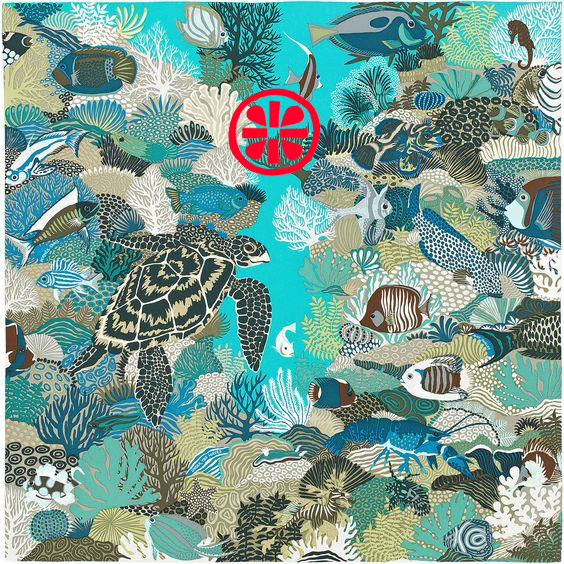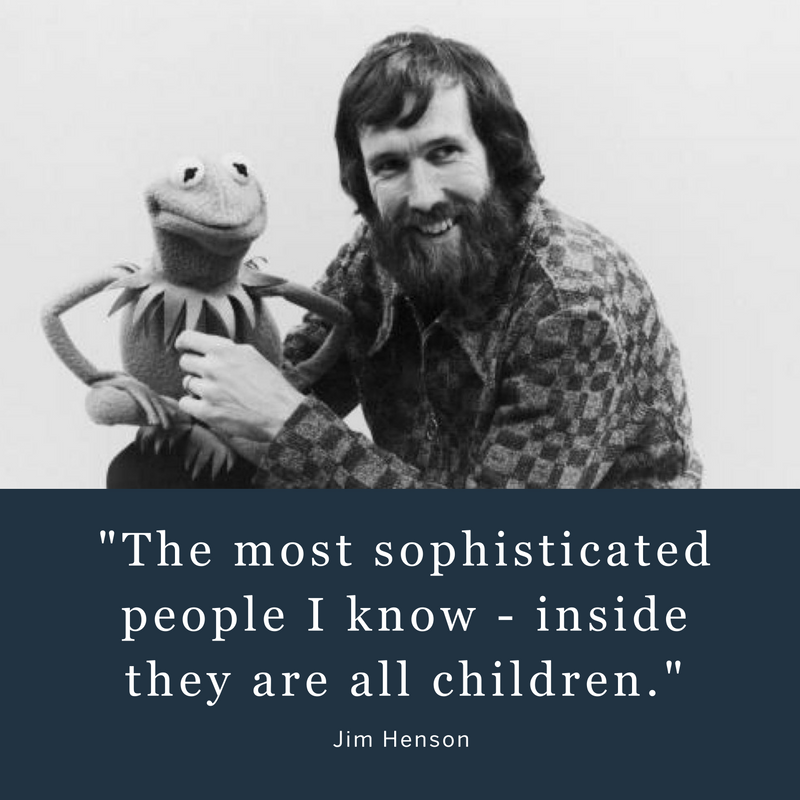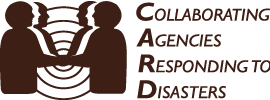Big thxoxo to the brilliant California Surgeon General Nadine Burke Harris for her ongoing dedication to building stronger care giver infrastructures that effectively enable young children to thrive and be healthier! She is a crusader who understands the critical importance (and high value) of quality early child care, and is a hero for babies worldwide.
What is epigenetics? How do epigenetic changes affect genes? Disease? How do epigenetics factor in early child development and impact life long health outcomes?
“What the science has shown us is that it is possible to mitigate against the impacts of childhood adversity by buffering the toxic stress response,” says Dr. Burke Harris. “With care giving support, we can see neurological, immunological, endocrine, and epigenetic changes in individuals that have had exposure to ACEs.” For more details on this initiative see: https://www.acesaware.org/wp-content/uploads/2020/01/Cost-of-ACEs-in-California.pdf
“Adverse Childhood Experiences and toxic stress will cost California over a trillion dollars in the next 10 years,” said California Surgeon General Dr. Nadine Burke Harris.
“This research demonstrates that our imperative is not only ethical and moral, we have a strong economic imperative as well.”

